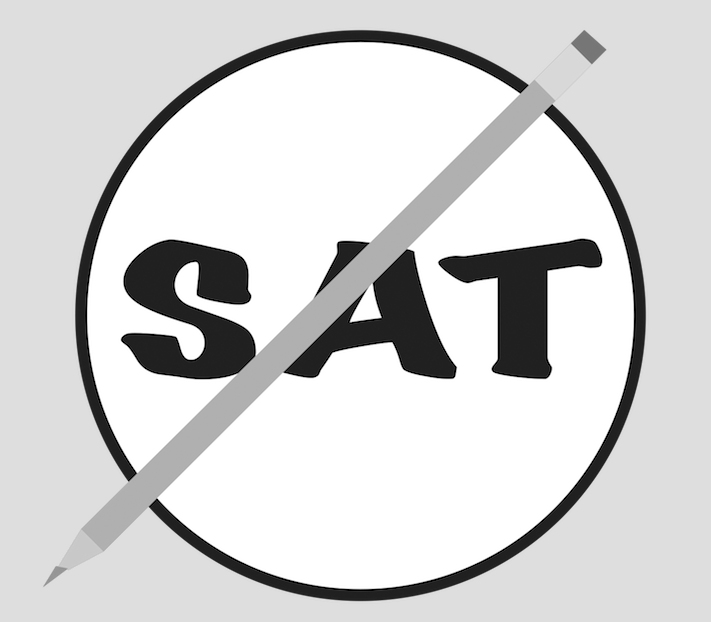Test Optional Colleges
Over recent years, a majority of colleges have announced themselves as “test optional.” Test optional refers to a policy in which students reserve the right to decide whether or not they will submit their SAT and ACT scores.
Colleges can also be test flexible, meaning that certain parameters exist around a student’s choice in submitting their standardized test scores, and test blind, meaning that students’ SAT and ACT scores are completely negligible and are not submitted.
The primary reason for colleges becoming test optional is the shift in attitude in believing that a singular test fails to reflect a student’s identity. In other words, colleges are beginning to feel that standardized testing is not representative of a student’s entire high school career.
Mrs. Freedner, a guidance counselor at Eastern, confirmed this when she said, “Some colleges feel that standardized tests are not the best indicator of future success at the collegiate level and are discriminatory towards minorities.”
Alongside this, the changing of “big name” colleges to have test optional policies has influenced other colleges to become test optional as well.
Mr. Susko, the Supervisor of Guidance, said this while citing Temple University as an example, “When a school like that goes test optional — they are one of the first ones in the area to have really done that — it speaks volume to what the college application process it going towards. It sends a message.”
Over 46 percent of top liberal arts college and several large research universities are now test optional. Commonly known colleges that are test optional are Brandeis, Montclair State, Ithaca College, Bryn Mawr, Wesleyan, and George Washington University.
Test optional policies prove beneficial for many students. Such policies alter the evaluation of an applicant by colleges, for they cause colleges to place greater value on an applicant’s grade point average, course rigor, and extracurricular activities.
However, such policies also result in greater competition in the admission process. Many students limit their applications to particular colleges based on their standardized test scores. Thus, the absence of a requirement for standardized test scores generally encourages more students to apply, generating a more diverse and more competitive applicant pool.
When deciding whether or not to submit one’s test scores to a test optional college, Mr. Anderson, another guidance counselor at Eastern, explained that one should discuss the option with their guidance counselor. Additionally, one should check if the college provides a guide to whether one should submit their test scores.
For instance, Mr. Anderson referenced Temple when he said, “Temple for example, provides a guideline for students who want to make this decision. They state that most students who are accepted without their SAT/ACT scores being sent have a GPA of 3.5 or higher. This is a helpful guide for students trying to make this decision.”
Overall, Mr. Susko said students should keep one idea in mind when applying to college, “Colleges are communities, and they want to make sure that they are bringing in a new piece to their community that they value. You want to have something that speaks to who you are and that brings value to a community outside of test scores.”
While it is a case by case instance, those with knowledge of the college process generally advise students against limiting themselves in applying to only test optional colleges. When determining which colleges to apply to, it is advised that one looks at their personal repertoire of test scores, extracurricular activities, and grades and decide what colleges will match them accordingly.







